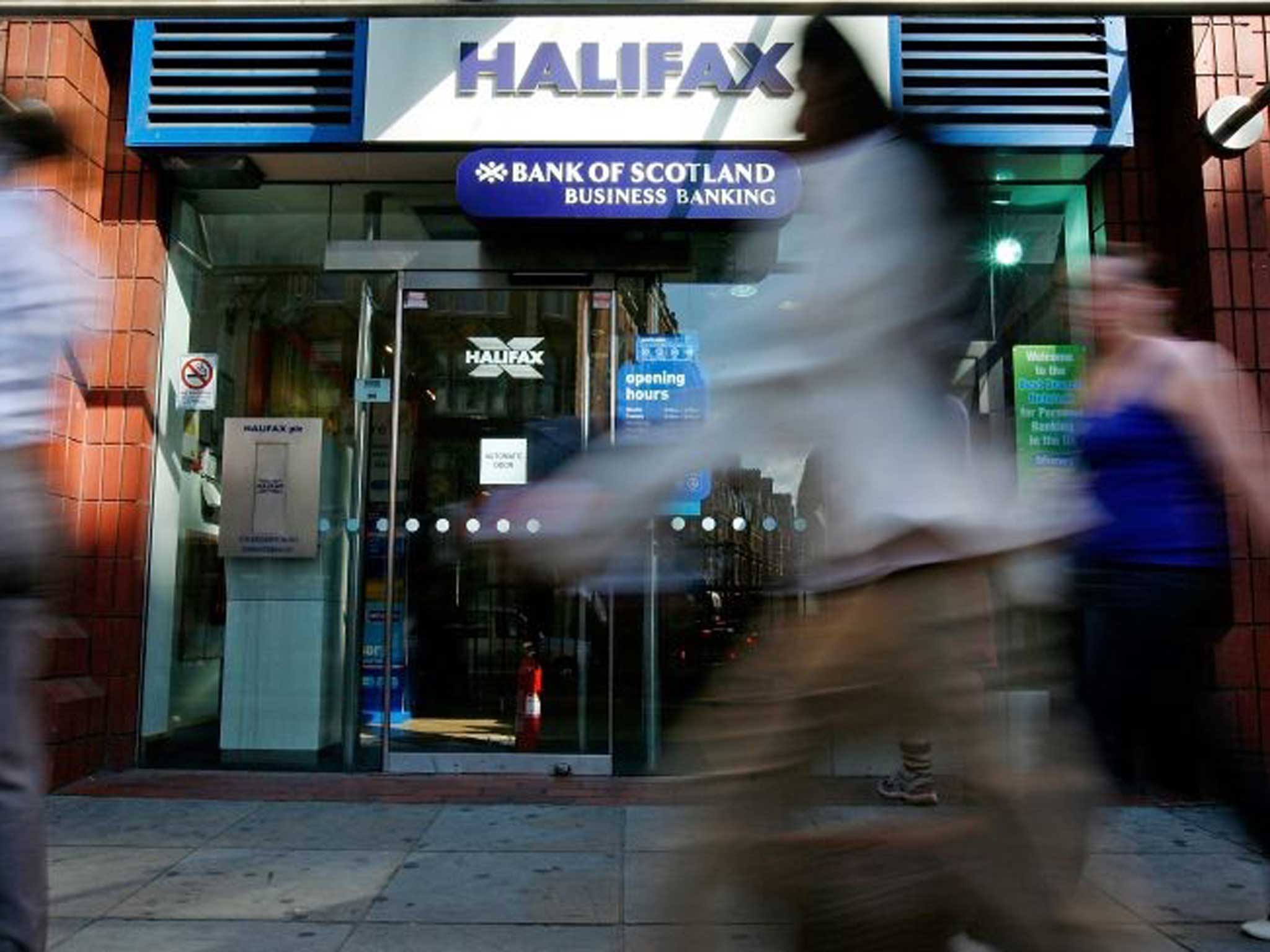Audit watchdog has woken up over HBOS. But will it go back to bed?
Outlook

Your support helps us to tell the story
From reproductive rights to climate change to Big Tech, The Independent is on the ground when the story is developing. Whether it's investigating the financials of Elon Musk's pro-Trump PAC or producing our latest documentary, 'The A Word', which shines a light on the American women fighting for reproductive rights, we know how important it is to parse out the facts from the messaging.
At such a critical moment in US history, we need reporters on the ground. Your donation allows us to keep sending journalists to speak to both sides of the story.
The Independent is trusted by Americans across the entire political spectrum. And unlike many other quality news outlets, we choose not to lock Americans out of our reporting and analysis with paywalls. We believe quality journalism should be available to everyone, paid for by those who can afford it.
Your support makes all the difference.When the directors of Halifax Bank of Scotland (HBOS) said just before the financial crisis that they were “satisfied that the bank has adequate resources to continue in business for the foreseeable future”, their auditors said: “Jolly good show, carry on chaps. Oh, and we’ll see you for lunch, will we?”
Well, not quite. But KPMG’s view that the directors’ report provided a “true and fair” view of the bank’s finances amounted to much the same thing.
As taxpayers will know to their cost, less than four months later HBOS went cap in hand to its shareholders for £4bn to allow it to continue as a going concern. Just over four months after that, the Government had to broker a rescue with Lloyds – which it then had to bail out.
What remains unclear to this day is why KPMG, which had been working with HBOS since its creation in 2001, felt in a position to give the accounts a clean bill of health, given that the lender was clearly – to quote Andrew Tyrie, the MP who chairs the Commons Treasury Select Committee – “an accident waiting to happen”. Were its people misled by the bank’s management, or were they simply negligent? Could they really not find anything at all in HBOS that might have merited a qualification when they signed off the accounts? Or were they just not looking hard enough?
Can a shareholder in any banking group realistically rely on what its auditors say about its accounts any more?
We still have no definitive answer to any of those questions because the accountancy profession’s watchdog has declined to take up the issue. And moving the Financial Reporting Council (FRC) when it has planted its feet in the ground sometimes feels like trying to push a stubborn elephant up a steep hill. On this occasion, it has taken an exhaustive report from two other watchdogs, the Prudential Regulation Authority and the Financial Conduct Authority, together with a stern ticking-off from Mr Tyrie, just to get the FRC to open what it has described as “preliminary inquiries” into KPMG – eight years after that fateful audit.
So the elephant has started to inch up that hill, but there are no guarantees it will get to the summit. Or even close to it.
The FRC’s temporising shouldn’t come as a surprise, however. Tackling those questions I raised is going to prove complicated and challenging. Building a case for regulatory action (if one of the answers is that the auditor did a rotten job) will be extremely difficult and will involve taking on an opponent with the will and the wherewithal to fight.
The default position of British regulators (and this is by no means limited to the FRC) in the face of that sort of challenge is to mutter about no realistic prospects of taking action, or to complain about lacking sufficient evidence – before going back to sleep and hoping the fuss will die down. As a result, what little confidence the public still has in the City and its oversight ebbs ever further away. It remains unclear whether the FRC’s leading lights understand that – or, if they do, whether they care.
Join our commenting forum
Join thought-provoking conversations, follow other Independent readers and see their replies
Comments